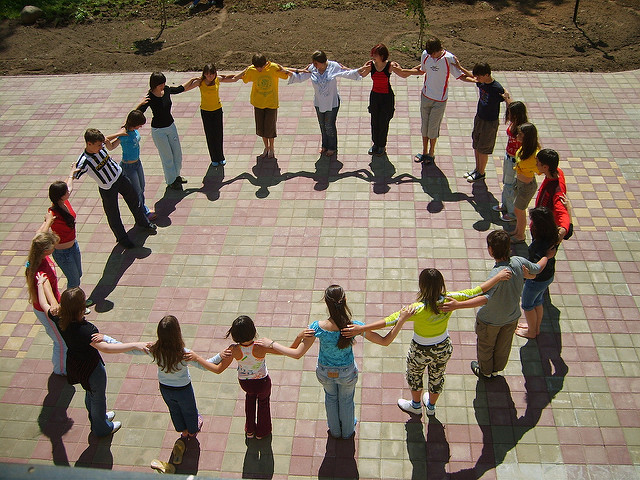People diagnosed with a mental illness must be courageous, given the unfair judgements that society casts upon them.
Many make the decision to face their challenges and seek treatment, despite the strong stigma they are up against.
I have spent half of my life working in the mental health field and have observed an underlying theme that emerges from those approaching recovery. They often say they would not change their life, if given the opportunity.
It may sound surprising to hear that people who have endured such challenges say that these same challenges have made them better people, but they have. Many of these people experience an increase in tolerance and compassion for others, after working through their own personal difficulties.
Through my work, I have come to realize that there really is nothing that the human spirit can not endure, but I’ve also realized that our culture, as a whole, must improve how we address the needs of this population. A first step could be to recognize that we all have faults and are more similar than different. A second would be to begin teaching emotional health at an early age.
Most of us are not taught how to effectively cope with everyday stress. By teaching strategies for improved mental health, starting with children, we can normalize a dialogue on the topic, and help everyone learn effective coping strategies.
We can start teaching our children to pay more attention to facts and evidence, rather than making assumptions. We can teach skills that increase self-awareness and encourage open discussion. We all have underlying assumptions about life. Many of us are unaware of what our core beliefs are and how they affect our relationship to the world. People tend to think thoughts such as, “no one could possibly understand” or “there’s something wrong with me” as opposed to learning early on that in many ways, people are more alike than different.
We can teach rational strategies that develop resilience and help manage stress. Rather than referring people to a therapist after we see problems arise, we can form informal group gatherings to address a variety of topics. This models the value of openly discussing concerns as they arise, and building a positive support network.
Schools can help support mental health by offering anger management, mindfulness, relaxation, and social competency skills, along with peer support and problem solving. By teaching children healthy life skills early on, we pave the way for improved mental health for all.
Hope and altruism are gained when people learn to come together in safe dialogue with each other.
While schools may already have counseling services available, they do not readily address the stigma that goes along with seeking help. By making mental health gatherings mandatory for all students, we are modeling a new culture, one that emphasizes the value of our emotional health.
High marks on standardized tests will only get us so far in life. We come to this world with unique characteristics that should be strengthened and supported early on. We need to help our children learn about themselves and develop a sense of mastery along the way, as opposed to going through the daily motions and reacting to every challenge that comes at them.
There are many areas in our life where we have learned to seek out the differences in everyone we come across. This form of discrimination seems to stay with us as we age, which can lead to feelings of disconnect and may result in negative behaviors. As humans, we find relief in understanding that we are indeed not alone, and that support is available to us every step of the way. This message needs to be made louder from the beginning and reinforced every step of the way.
We can begin implementing healthy strategies in environments where our children spend most of their time. It is much easier to learn rational thought patterns from an early age than to try and correct faulty thought patterns that have been reinforced over the course of one’s life.
The time is now. We have the ability to create a culture that supports the benefits of positive psychology from the start. We owe it to our children as well as to our culture. We simply must do better.
~
Author: Jennifer Picinic
Editor: Jean Weiss
Photo: Jenspie3:Flickr











Read 0 comments and reply